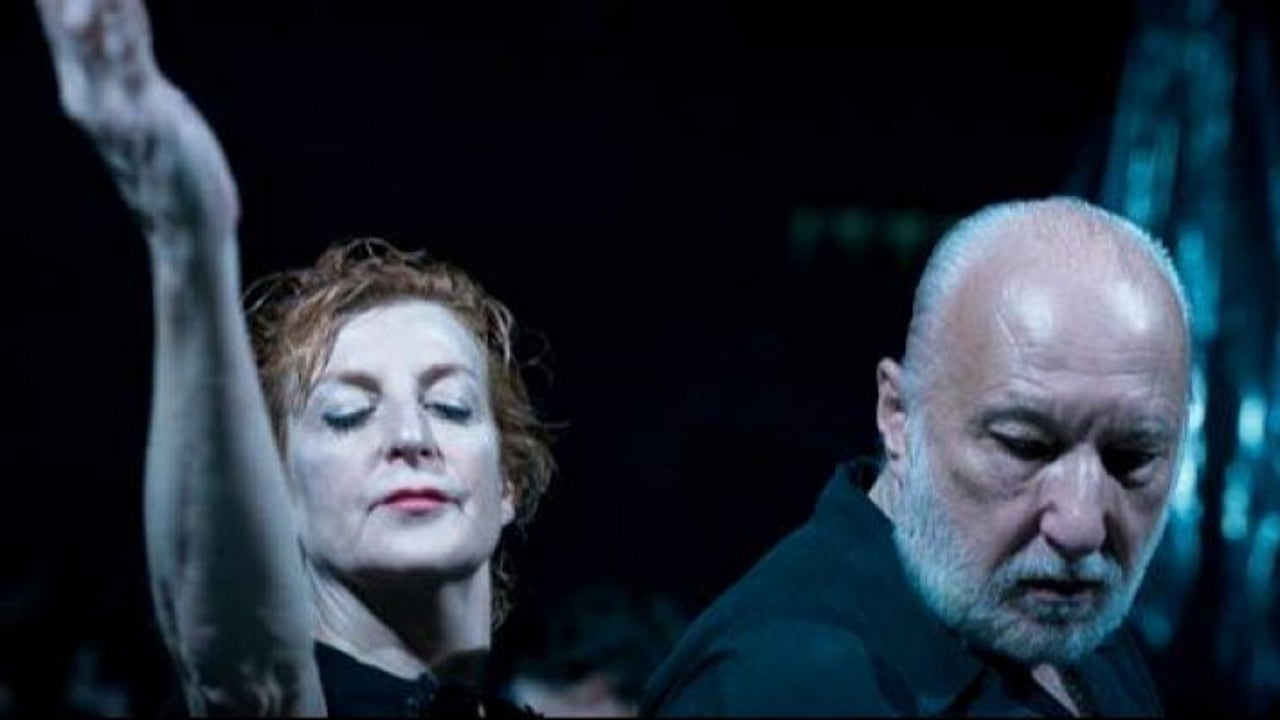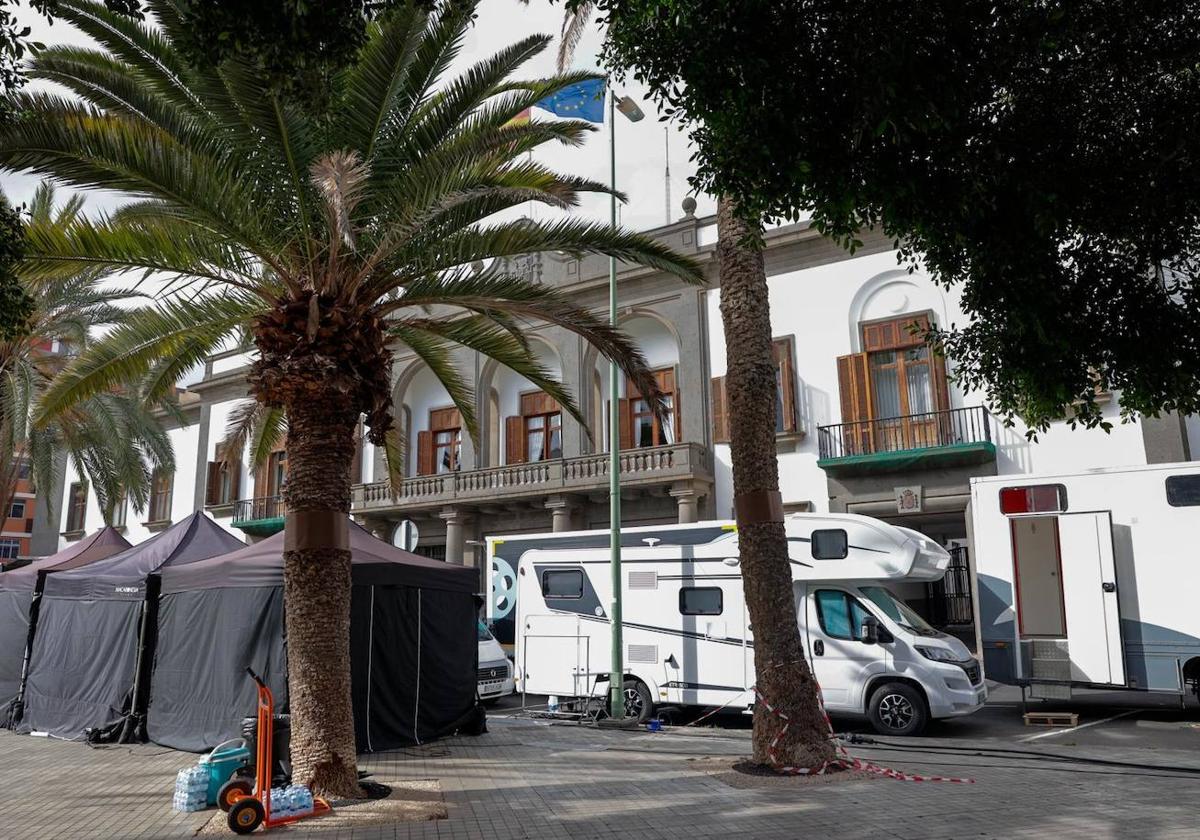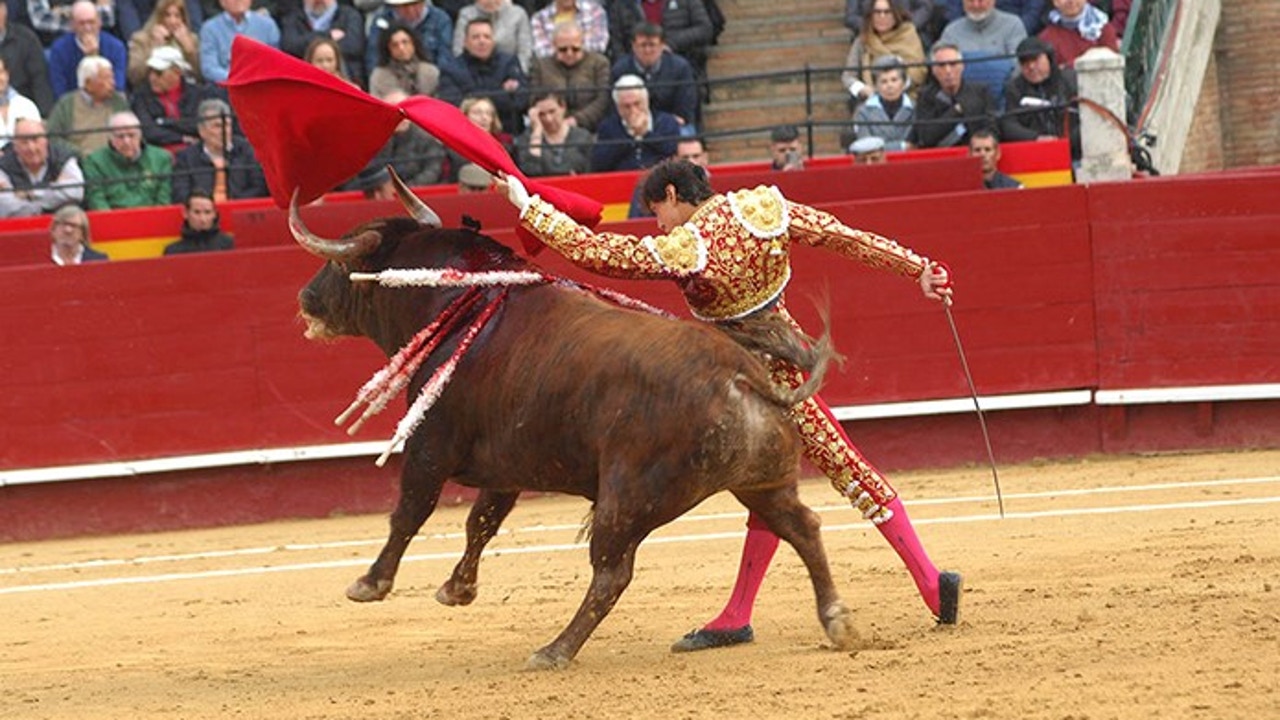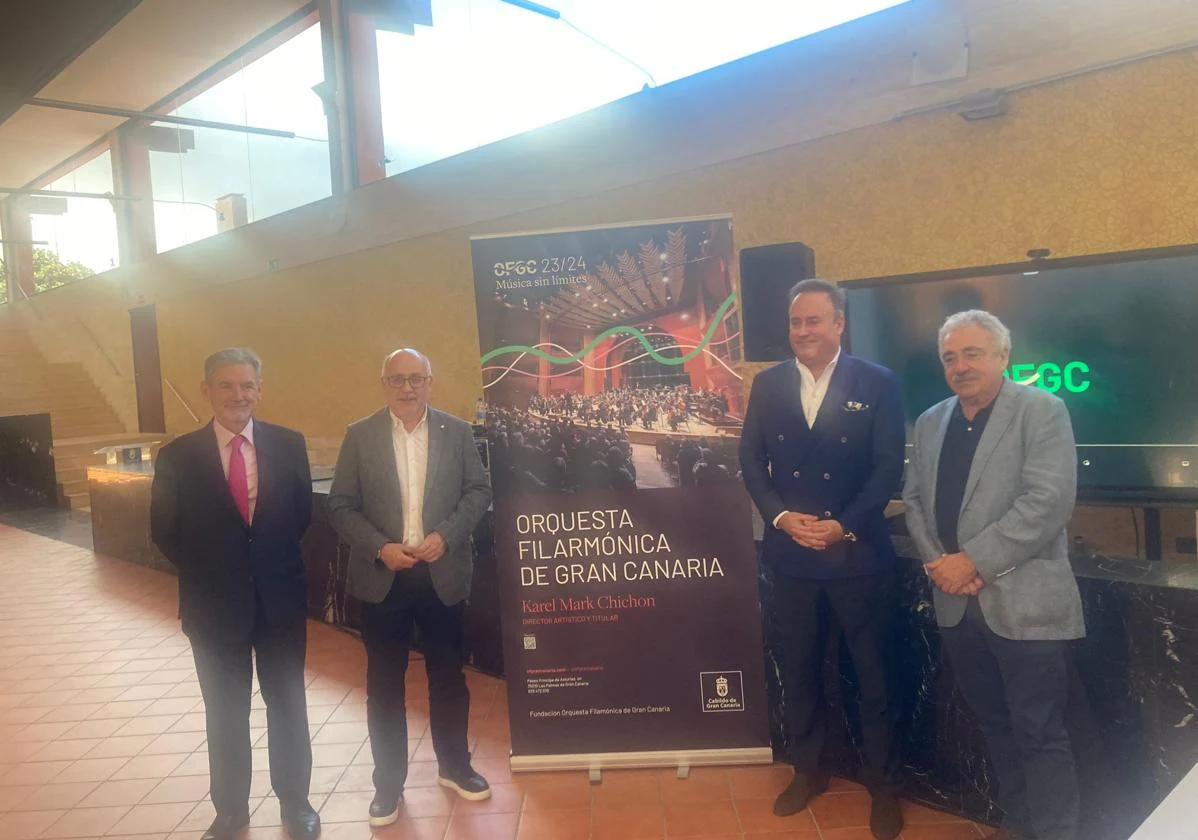The fun 14-hour film monster | Culture


"People feel safe again in the cinema, as if they were in a temple they do not want to leave, it's the feeling of being in the dark, protected by seeing things created for them in a friendly way and to entertain them, while they enlarge their perception of the world. " Mariano Llinás (Buenos Aires, 1975) defends his double daring. The Argentine filmmaker, author of the great stories extraordinary (2008) and regular scriptwriter of Santiago Miter, is in Europe accompanying his film The flower, a film that can not be seen or seen on the Internet in any service streaming, because its creator defends the absolute need to see it in a room, and that lasts 14 hours. Yes, 840 minutes. But nevertheless, The flower It is not a holiday movie to use. On the contrary: it entertains, it catches the viewer, it is divided into radically different and entertaining chapters, the same Llinás presents it by remarking when the breaks arrive in order to go to the bathroom or to eat. "It amazes me that when the 40 minutes of credit titles arrive, nobody gets up, it's true that they are not the typical list of names, but the public seems to want more," he says with a smile.
Llinás seems to move a certain Orsonwellesian conception of filmic realization. His physique and his emphatic way of speaking follow that line. Even, his affirmation about the show. "It may be easier for 14 hours than just two, because King Kong was taken to New York as an attraction before other small monkeys, the big one is striking, it's an attractive monster and I guess it has to do with that," reflects on the festive pull of his The flower. The film has been screened -parted in three sessions- in Argentina (in Buenos Aires won the Bafici festival), Bilbao (within the Zinebi contest), Santiago de Compostela (in the Numax), this week in Madrid (as part of the Márgenes festival), and which continues its journey -at least in Spain-, since yesterday in Barcelona (in Zumzeig). In Madrid, the room was filled the first day with 100 spectators who enjoyed the first and second episode, one inspired by the classic B series with a mummy with supernatural powers, and the other a musical with touches of mystery in which a duo pimpineliano crosses with a lodge of addicts to the toxin of the scorpions. They are followed by a story of spies that ends up traveling around the world, inspired by the cold war; a reflection on cinematographic art; a gaucho version of A game of Field of Renoir and ends with an experimental account of the captives, the white women kidnapped by the Indians. The first quartet has no end - as the director explains in the film prologue of The flower, the fifth is more classic and the sixth unravels some keys of the seen. "I am an event film, I can, but what I like is that people go and have fun." The disappointment would be the opposite: that the spectators would sit down and have a good time, and a conceptual object would fall on them, one of those that mistreat you With his intellectual arrogance as an audience, films that are a gesture ... I try to get away from them, but my own footage is already a gesture. marketing. However, that is not the important thing of The flower".
True. When the projection starts, you stop remembering the duration. "Because it's an old-fashioned projection, like the old school, with noble intentions," says Llinás. "And hence my frontal opposition to seeing it on another screen. [y señala una televisión a sus espaldas] it's not cinema. "While it's been a decade with The flower, Llinás has collaborated with Miter (The student, Paulina, The mountain range): "I enjoy it, it's the best job possible, we're very close friends, but my films are my passion, not a job."
In one of his starts, Llinás moves his body to underline: "I hate snobbery, the idea of bored ex profeso the viewer. The flower It is not docile, it is not complacent. For example, I am not a radical defender of storytelling, of counting above all. A very film speech indie U.S. I have a strong narrative vocation, although the taste for counting seems more important to me. As Godard said: 'All films have a beginning, a middle and an end, but not necessarily in that order'. Is right. The flower He works with classic cinema mechanisms, very hospitable, not always with sense or morality. "And that was much more in the cinematography of the twentieth century." I roll in the province of Buenos Aires, my hunting territory, which the Indians would say . And I feel banished from this century, like many of those who were born in the seventies, exiled from the current world that is not their own. Because The flower It gives a romantic look at that time. "And now, what?" Well, well, there are things left. I have already dealt with the twentieth century, it is time to look at the nineteenth. And that brings very attractive things, like horses, an ally of the cinema that cinema seems to have left out. "
The actresses-family
The four protagonists are the same in all the episodes: Pilar Gamboa, Elisa Carricajo, Valeria Correa and Laura Paredes, who change roles in each part. Members of the theater group Piel de Lava, it was Mariano Llinás' desire to work with them that started the project a decade ago. "As the procedure had to do with the actresses, I decided that life - the passage of time - would mark the film, and that is more important than 2:00 pm My relationship with them varied, one became my partner. families, we used their pregnancies, we did not do Boyhood, roll a little each year; we filmed a lot all the time. Knowing from the beginning also where I was going to finish and what episodes I was going to tell ".











